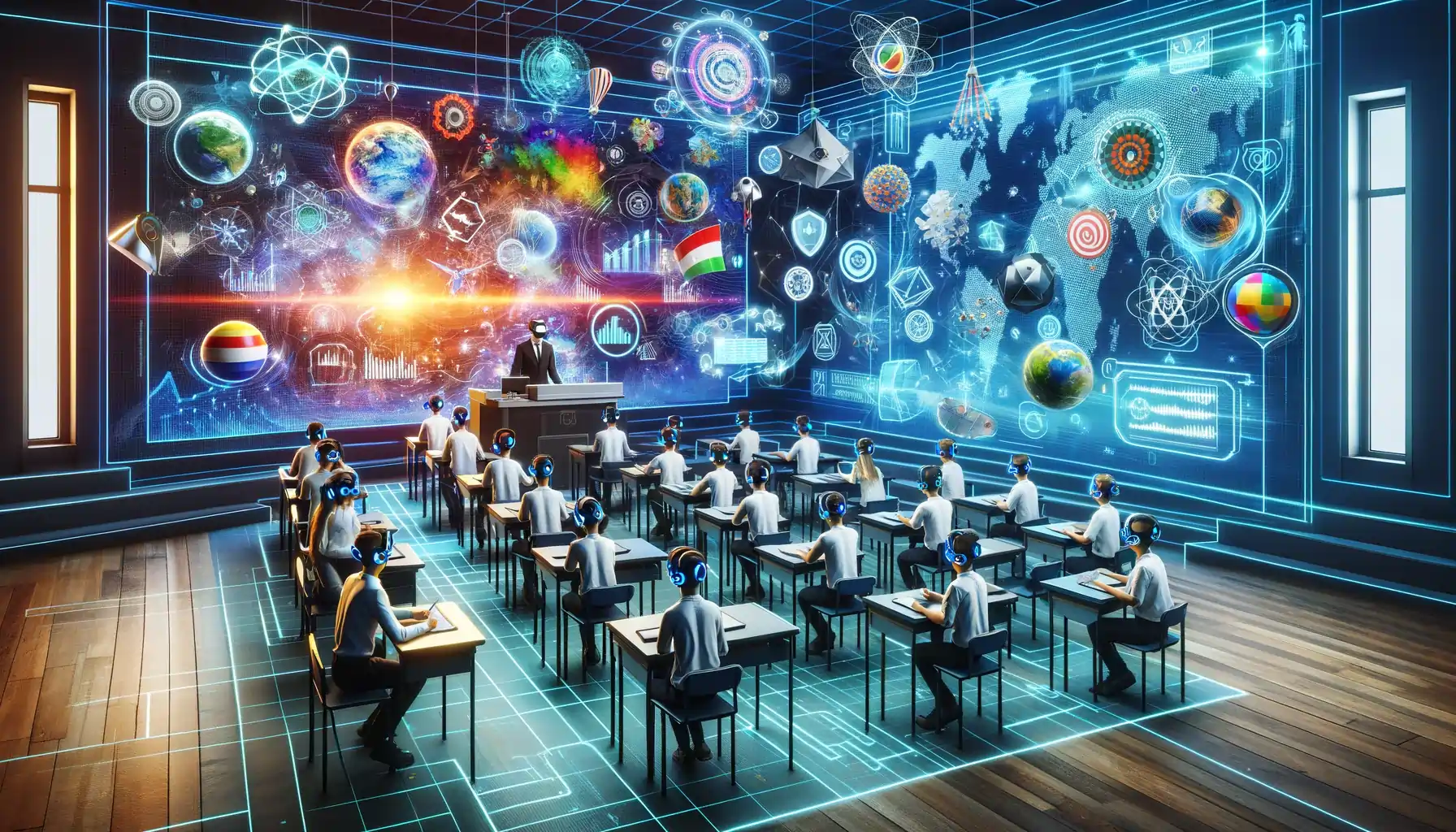The Information Technology University of Lahore (ITU Lahore) in Pakistan has taken a groundbreaking step by introducing the country’s first metaverse-based classes, setting a new standard in virtual learning.
This innovative approach to education utilizes virtual reality headsets and motion tracking to create an immersive classroom experience that closely mirrors traditional learning environments.
Embracing the Future of Learning
Developed in collaboration with the University of Denmark, this initiative marks a significant shift in educational methodologies, leveraging the latest in virtual reality technology to enhance academic engagement and performance.
Ibrahim Ghaznavi, head of the computer sciences department at ITU Lahore, expressed optimism about the potential of metaverse technology to elevate the academic experience for students.
From Online to Metaverse: A Natural Progression
The transition to metaverse learning follows the university’s adaptation to online courses during the COVID-19 pandemic, highlighting a broader trend towards incorporating virtual reality in education worldwide.
ITU Lahore, inspired by the Massachusetts Institute of Technology (MIT) since its establishment in 2012, continues to strive for innovation in technology and engineering education through partnerships with leading universities and corporations such as Harvard and IBM.
Beyond Gaming: The Expanding Realm of the Metaverse
While the initial buzz around the metaverse primarily focused on its implications for gaming, recent developments have showcased its potential across various sectors, including industry, medicine, education, and marketing.
This expansion into non-gaming applications reflects a growing recognition of the metaverse’s versatility and its potential to revolutionize traditional practices.
The Future of Web Interaction
Tim Berners-Lee, widely regarded as the inventor of the World Wide Web, has speculated on the future of online interaction, suggesting that spatial computing and augmented reality will play a pivotal role in the evolution of the internet.
He envisions a seamless integration of experiences across different devices, facilitated by multimodal support, indicating a future where virtual and augmented realities enhance our digital interactions.
As ITU Lahore leads the way in adopting metaverse technology for education, it opens the door for other institutions to explore the possibilities of immersive learning, promising a future where educational experiences are not just about content absorption but about engaging with knowledge in a multidimensional space.

